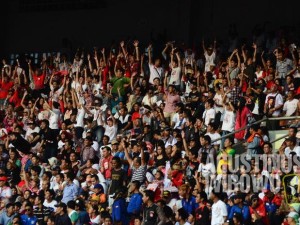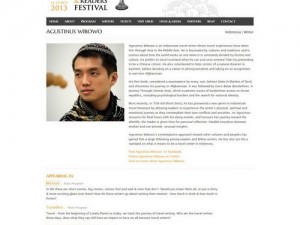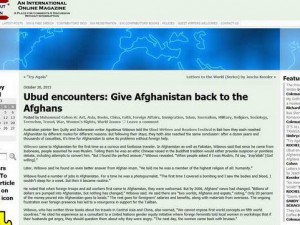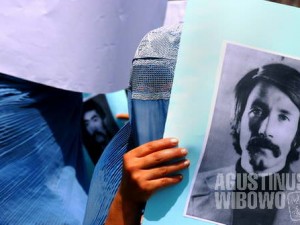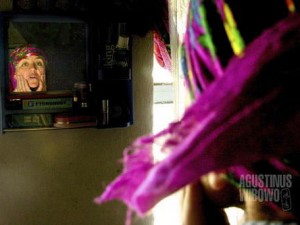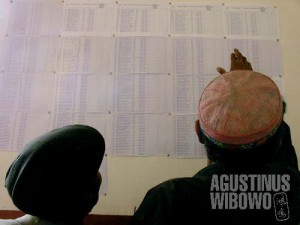Indonesia: A Blaming Nation
This happened again. The police arrested one of the leaders of the anti-graft body. The President seemed helplessly requested the police not to make any controversial moves, as they have already done in the near past. The request seemed went to deaf ears. The public outcry was directed to the President, blaming him too weak to sit on the position. It is a huge contrast to the enormous support the Indonesian public has shown to Joko Widodo, a.k.a Jokowi, during the presidential election, less than a year back. He was duped as “Indonesian Obama”, “a new hope”, “someone from us”. Unlike other predecessors or other president candidates, he does not come from political elites or military family, nor does he lead any political party. His uniqueness as an “outsider”, a “working class and really working” governor, has produced an unprecedented euphoria among Indonesian public. Suddenly, people from the elites to the roadside vendors, from Chinese-ethnic merchants to Papuan [read more]

